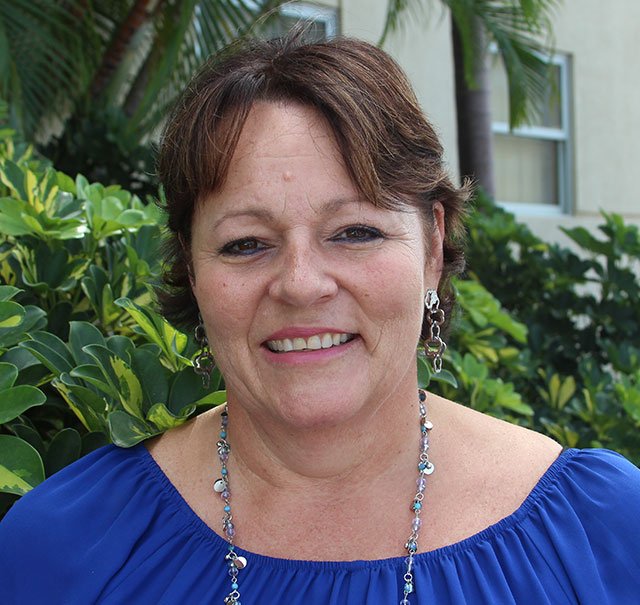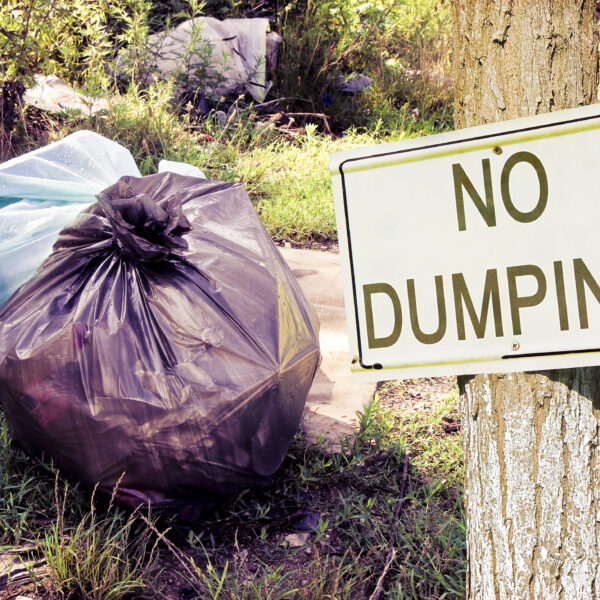
Elections 2025
|
Getting your Trinity Audio player ready...
|
By Alric Lindsay
In an upcoming parliamentary session, a bill to amend the National Conservation Act is expected to be introduced. While the specific changes have not been disclosed, there is public speculation that the amendments may affect the authority of Gina Ebanks-Petrie, the director of the Department of the Environment (DoE). This could involve altering her voting powers on the National Conservation Council, the ability to delegate any authority to the DoE or the DoE director, and the ability to give directions or make recommendations regarding projects that may impact the environment. Policymakers appear to be pursuing this route instead of simply bringing developers, environmentalists, and other stakeholders together to discuss how to effectively balance their interests with the long-term best interests of the Cayman Islands and, at the same time, comply with the Government’s environmental obligations under the Cayman Islands’ constitution. Without taking this collaborative approach and solely focusing legislative changes on the powers of the DoE or its director, some stakeholders may get the impression that policymakers are specifically targeting the DoE director. This speculation has led to growing public discontent, which could lead to backlash at the polls for any Member of Parliament proposing or supporting the bill outlining the legislative changes.
Why stakeholders are unhappy
Some members of the public are dissatisfied because they believe that the DoE director plays an important role in protecting the environment. Additionally, certain stakeholders feel that the DoE director is helping the Government to fulfil its environmental obligations in the Cayman constitution. She has the ability to accomplish this in her capacity as the DoE director and in other roles where she has the power to vote on environmental matters.
For instance, the DoE director is a voting member of the National Conservation Council, which was established under the National Conservation Act to manage and make recommendations on the use of the Environmental Protection Fund (this fund is used for acquiring and managing protected areas, as well as for measures to protect and conserve protected species and their critical habitat). The National Conservation Council also promotes biological diversity and the conservation and sustainable use of natural resources in the Cayman Islands.
If the DoE director’s voting power is removed in this case, then the National Conservation Council will have one less independent vote from an expert on the proper usage of the Environmental Protection Fund and conservation matters.
Another example of the important role of the DoE director is her capacity as the chairperson of the Environmental Assessment Board, which is responsible for evaluating project and development proposals to determine if they require an environmental impact assessment. The EAB also evaluates the competency of consultants to be engaged to complete the EIA. This helps increase public awareness of the potential environmental impacts of project proposals and ensures that suitable persons are considered as EIA consultants.
Lastly, the execution by the DoE director of her existing voting powers and other authority in respect of the environment helps the Government to stay in line with its obligations under the Cayman Islands constitution.
For example, the Cayman constitution says:
18. (1) Government shall, in all its decisions, have due regard to the need to foster and protect an environment that is not harmful to the health or well-being of present and future generations, while promoting justifiable economic and social development.
(2) To this end government should adopt reasonable legislative and other measures to protect the heritage and wildlife and the land and sea biodiversity of the Cayman Islands that –
(a) limit pollution and ecological degradation;
(b) promote conservation and biodiversity; and
(c) secure ecologically sustainable development and use of natural resources.
Some stakeholders fear that, by curtailing the powers of the director of the Department of the Environment, there will be little or no accountability for the Government’s compliance with the spirit of the constitution which requires it to foster and protect the environment.

Gina Ebanks-Petrie, the director of the Department of the Environment
How the proposed amendments will be brought
Regarding who may bring bills or motions to amend the National Conservation Act, the Cayman Islands constitution says:
77. (1) Subject to this Constitution and Standing Orders, any member may introduce any Bill or propose any motion for debate in, or may present any petition to, the Parliament, and the same shall be debated and disposed of according to Standing Orders.
Standing Order 24(11) says further:
(11) If a Member does not move a motion or amendment which stands in that Member’s name when that Member is called on, it shall be removed from the Order Paper unless some other Member duly authorised by that Member in writing moves it in that Member’s stead: Provided that a motion or amendment standing in the name of a Member of the Government may be moved by any other Member of the Government.
Given the growing level of public discontent, whoever brings the bill to Parliament or has any motion standing in their name will experience negative feedback from a wide range of stakeholders. These include young voters, environmental groups and other stakeholders.
Consequences at the polls
An unspecified number of voters will not only express their dissatisfaction with the relevant MP when the bill is brought, but also when they go to the polls in 2025.
Any MPs who underestimate the potentially negative impact will be the most surprised by voter reactions at the polls. This is especially the case for MPs who represent electoral districts that experience significant flooding, particularly in West Bay, George Town, and Bodden Town.
MPs could avoid facing this negative reaction and feedback if they simply follow the spirit of what is required of the Government under the Cayman constitution to protect the environment. Additionally, the Government could engage developers, environmentalists, and other stakeholders in discussions to effectively balance long-term interests. This could result in less public outrage and resentment at the polls.







